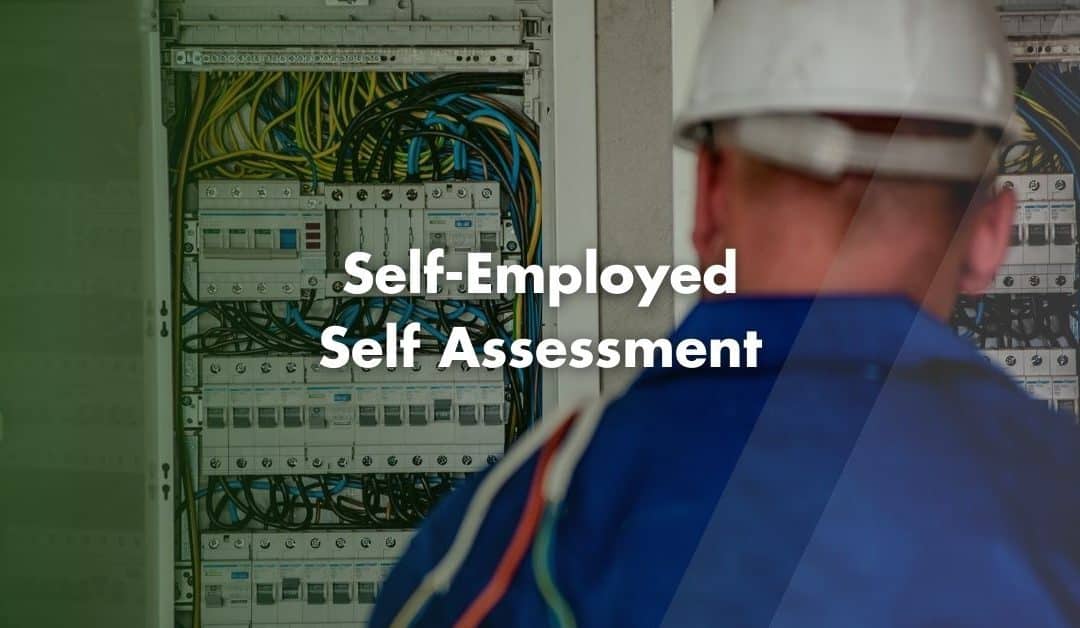HMRC uses Self Assessment to collect Income Tax from employed and self-employed individuals. Your employer will automatically deduct tax from your earnings, if they are employing you. However, as a self-employed individual, it is your responsibility to report your income and pay the correct amount of tax.
You do this by submitting a Self Assessment tax return each year.
Do I Need to Submit a Self Assessment?
You need to submit a Self Assessment if your self-employed income exceeds £1,000 in a tax year. The £1,000 threshold still applies to your self-employed earnings, even if you are both employed and self-employed. Your employer reports your salary, but you must inform HMRC about your additional income from self-employment.
The Trading Allowance covers you if your self-employed earnings are under £1,000, so you don’t need to register. However, once your income crosses this threshold, you must register and file your tax return.
Registering for Self Assessment
If you have never submitted Self Assessment before, you will need to register with HMRC. You must complete this by 5th October following the end of the tax year in which you started trading. Once registered, HMRC will issue you with a Unique Taxpayer Reference (UTR), which you will use to complete your tax returns.
How to File Your Self Assessment
You can submit your Self Assessment tax return either online or by post. Here are the key deadlines:
- Postal Submission: 31st October
- Online Submission: 31st January
Although these deadlines might seem far off, filing early is a good idea. This gives you time to make any corrections and plan ahead for your tax bill.
How Much Tax Will I Pay?
The tax you pay is based on your total income for the tax year. As a self-employed individual, you self-assess and report your tax liability based on your income and allowable deductions. HMRC will then review it. You will also need to pay National Insurance Contributions (NICs). If you have paid tax through your employer, HMRC will not tax you twice on the same income.
What If I Incur Losses?
While you must file a Self Assessment if already registered and required by HMRC, the Trading Allowance exempts those earning below £1,000 from needing to register or submit a return, unless specific circumstances apply.
Penalties for Late Submission
If you miss the deadline for submitting your tax return, HMRC will issue an automatic £100 penalty. After 3 months, you could face additional daily fines of £10, up to a maximum of £900. Interest charges also apply to unpaid tax.
How to Pay Your Tax Bill
You can pay your tax bill by bank transfer, debit card, cheque or through a Budget Payment Plan. Payments are due by 31st January each year. You can no longer pay by credit card, but other methods are quick and easy.
Documents You Will Need
Before submitting your Self Assessment, gather the following documents:
- Your Unique Taxpayer Reference (UTR)
- Your National Insurance Number
- Receipts, bank statements and records of your self-employed income
- P60 or P45 from your employer (if you have one)
- Any savings or investment statements
- Details of charitable donations or pension contributions.
These documents will help ensure your tax return is accurate and that you don’t miss out on any tax relief.
Contact Us
We are not just accountants; we are Chartered Accountants with one of the most reputable and premium accounting bodies. We are registered and regulated by ACCA; so you can rest assured that you are in good hands. Knowing this, don’t hesitate to get in touch with us if you require assistance: Pi Accountancy | Contact Us
This article is for general informational purposes only and does not constitute legal or financial advice. While we aim to keep our content up to date and accurate, UK tax laws and regulations are subject to change. Please speak to an accountant or tax professional for advice tailored to your individual circumstances. Pi Accountancy accepts no responsibility for any issues arising from reliance on the information provided.

